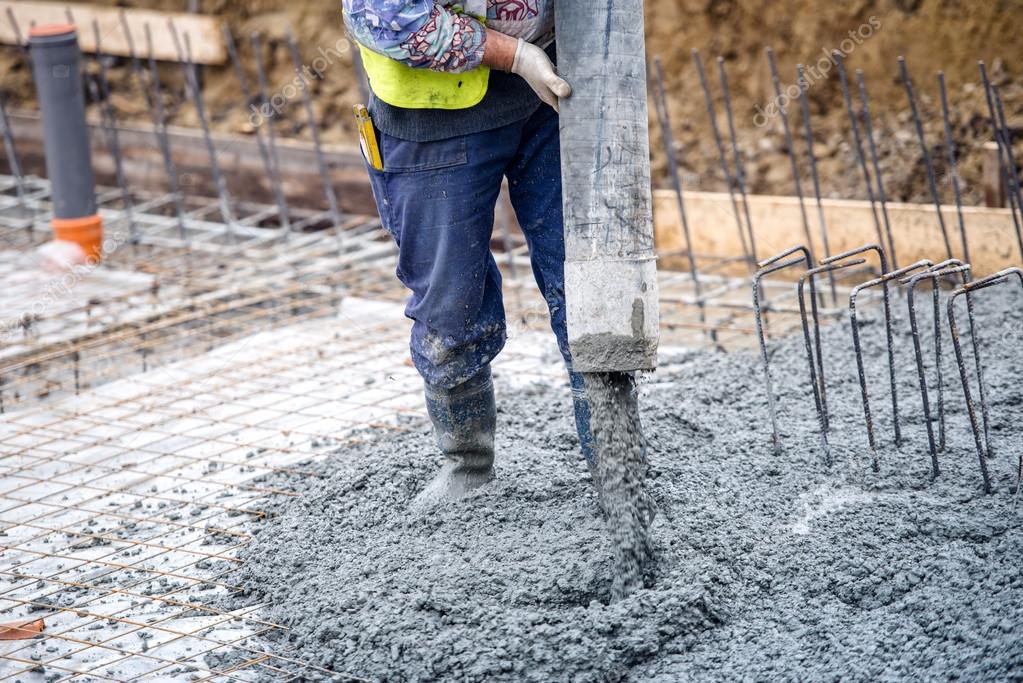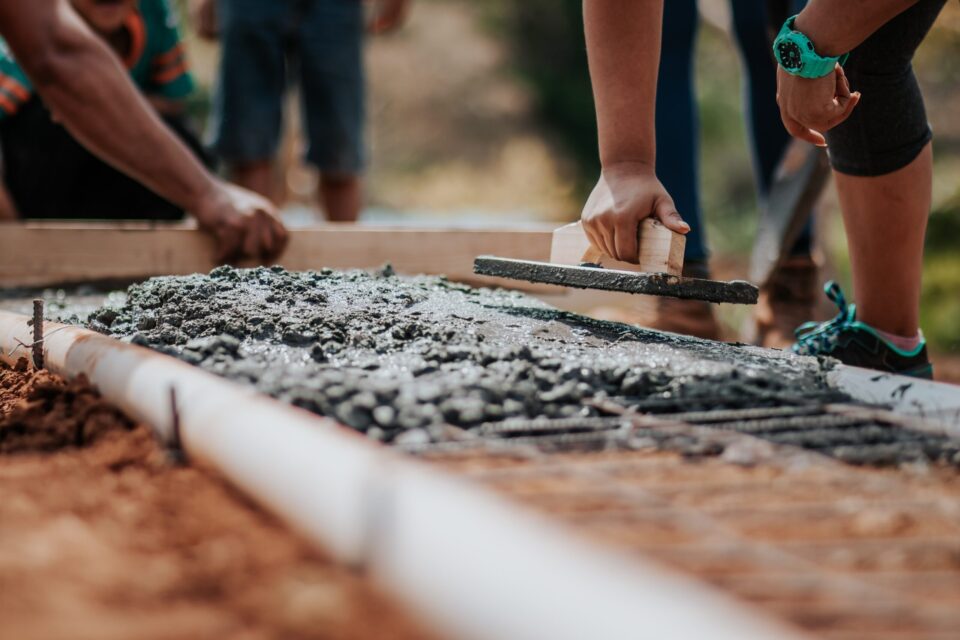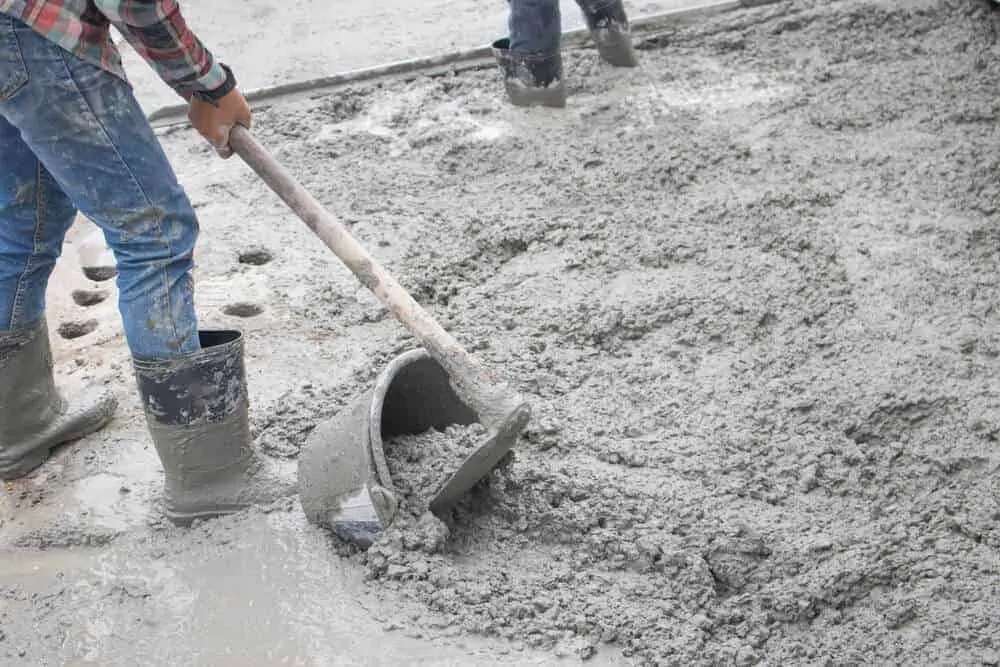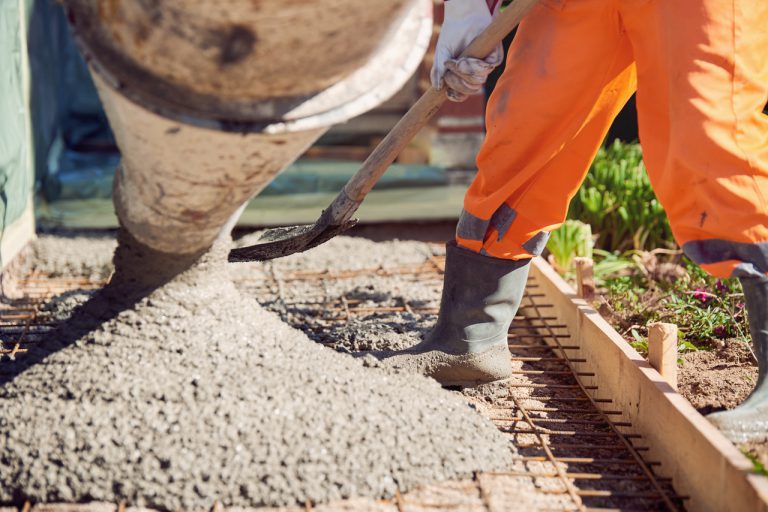Concrete
Are you working on a construction project or doing a job at a construction company and want to know about the right choice for commercial or domestic construction projects? You are at the right place. In this article you would be able to know about all the types and grades of mixture of concrete so that you may use this information practically to give strength to your roofs, floors and slabs. As you know it is the mixture of cement sand and gravel or aggregates in specific proportions. You should have knowledge about different ratios before starting working on a construction site.
What is the concrete mix ratio?
Different working experiences and testing technologies have proved that major components of mix have different proportions for mixing. On the basis of these proportions it has versatile qualities which are composed of different types of mixing ratios and mixing designs. Some important types are.
Nominal mix ratio
Nominal mix ratio ranges from 1:2:4 to 1:1.5: 3, and in ancient times this was considered the most durable and well designed mixture for construction. Under normal conditions this concrete mix is simple and best for concrete floors and concrete slabs.
Standard mix ratio
Minimum compressive strength has been included in the nominal category to make it under or over- rich. So, its grades M10 TO M40 are considered as standard grades for durable concrete slabs and concrete floors.
Designed mix ratio
In this type the ratio is determined obviously by the manufacturer of concrete but the designer put his demand in mixing ratio according to design. This is the most economic and affordable ratio for concrete slabs.
Why is the concrete mix ratio important?
As a good constructor , you will always prefer the quality of your constructed areas, buildings or projects. Exact and correct mix ratio is the proof of durability and strength of your construction project. You surely put a sound foundation for your construction site by choosing an appropriate mix ratio.
Different grades of concrete.
The durability or strength of concrete is denoted by its grades. Grades are measured in M or Mpa. Where M is the strength of mix ratio while Mpa shows the overall durability. Concrete strength measured by the compressive strength followed by 27 to 28 days or more. But the average is 28 days for the best durability. These grades ascend from numbers 6 to 15 for instance C10 has 10 newtons strength.
Mixing ratios for concrete slabs
For the concrete slabs construction, the mixture should have 1:2:4 proportion mixture i.e. 1 part cement, 2 parts sand and 4 parts aggregates etc. the infrastructure of slabs includes concrete mixed with steel. It is actually RCC horizontal structures hence 1:1.5:3 is also considered a more safe mix ratio for concrete slabs.
Highest strength of mix ratio
It is obvious that the strength or durability of a mix is directly linked with the quality and quantity of cement. Water-cement ratio plays a vital role in this regard. Amount of cement affects the strength of concrete. These are directly proportional increase the amount of cement the strength will increase but if the water- cement ratio increased the matter will reverse and becomes inversely proportional. 1 part cement 1 and half part sand and three parts coarse aggregates are the most used mix ratio and considered as the high strength mix ratio. The supporting structures in a building like pillars, beams, slabs are constructed with this mix. This mix has the highest compressive strength ranges 4000 psi to 5000 psi.
In Addition to cement, some more factors like quality of aggregates and curing conditions also affect the strength of the mix. So the consultancy procedure has value in this regard.
Conclusion
In short the mixing, placement and curing are the specificities which influence the quality of concrete structures. Whether it is used for flooring or concrete slabs or for pillars or beams. The notable thing is that the correct proportion of cement, sand and aggregate their placement and curing affect the strength.
For simple construction the nominal mix like M20 is good for but best professional engineers mostly use concrete mix design for achieving high strength grades because it includes detailed and minute calculations to make a high performance mix.

Volumetrics Concrete

Concrete Collection

Highway and motorway contracts

wheel barrowing

Commercial Concrete
